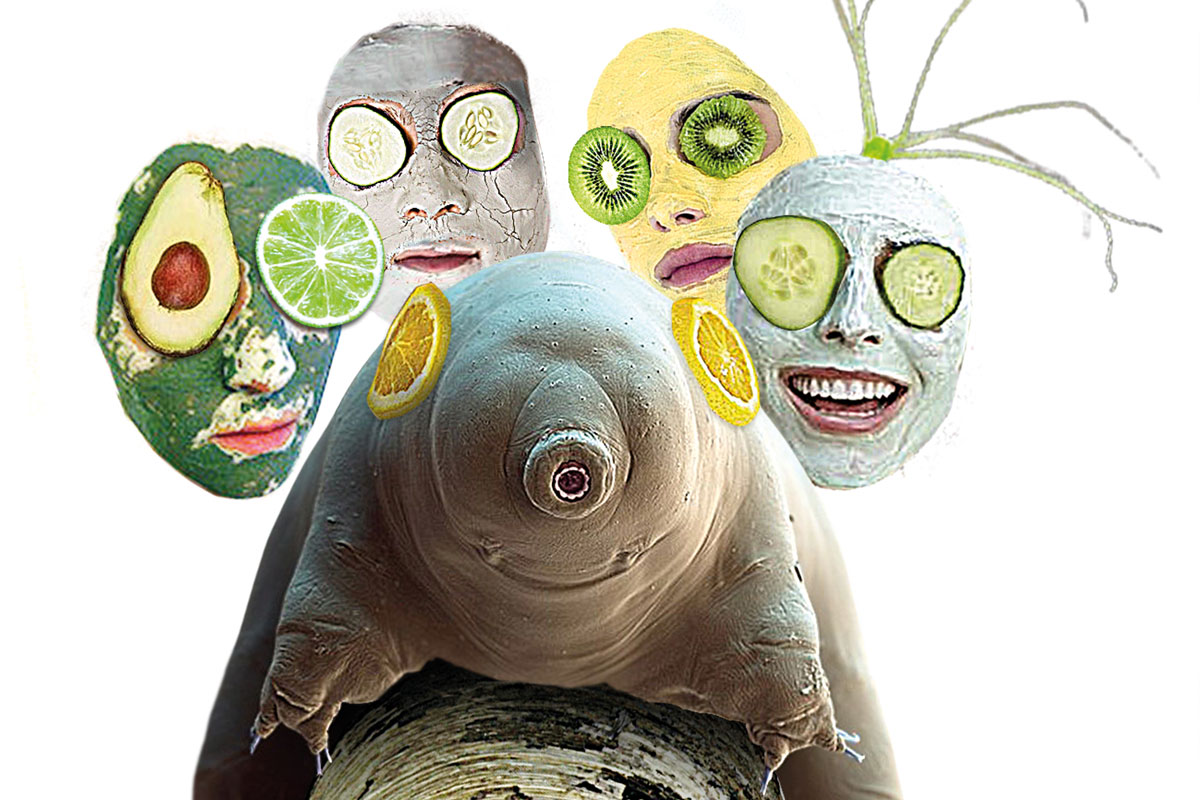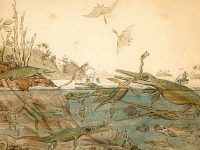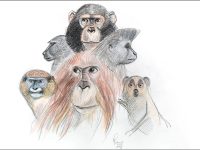
Ageing is yet the only way we know to live for a long time
Charles Augustin Sainte-Beuve
We are born. We grow. We age. We die. This ineluctable natural succession has occupied and troubled human thinking since its inception, when an ape standing on two legs above the tall grass of the savannah first grasped that he was ageing, that he was someday going to pass, and philosophy sparked into existence. Since then, the inevitability of ageing has been as pervasive to our psyche as desperate have been our attempts to hide its scars, much to the benefit of plastic surgeons, cosmetic brands and quacks galore. It is an inescapable biological law, a truth we are all too aware of, and yet as obvious as it is false.
«Our bodies are tuned by evolution to perform early in our life, when our greatest reproductive hits are played, and then gradually lose efficiency as we age»
Ageing is the decline of an organism’s biological functions with age, and will eventually lead to our death if an unfortunate slip, a nasty bacteria or a speeding car don’t take care of the job first. Truly terrifying, I know, but as it happens there are several organisms in this planet that have decided ageing is not in their way of life. Enter Ming, a famous specimen of an Islandic clam (Artica islandica) that was born in 1499, 7 years after Columbus arrived at the shores of the Bahamas, only to find an undue death at the hands of researchers from the University of Bangor in 2007, at the still healthy age of 507 years. Tardigrades are more impressive still. These minute aquatic animals are capable or assuming an «Assimovian» state of suspension (termed «cryptobiosis») that not only allows them to sustain temperatures close to absolute cero (-273.15ºC), pressures up to six times those found in the deepest of oceanic trenches, doses of ionizing radiation hundreds of times above those lethal to humans, and the vacuum of outer space, but also allows them to live for thousands of years. Hydra, a group of simple freshwater creatures close to jellyfish, not even need to bother with cryptobiosis to be considered virtually immortal, their stem cells are quite simply capable of indefinite self-renewal without known loss of function.
These jaw-dropping facts demand an explanation: why do some of us animals die of old while others outrageously enjoy the gift of a potentially immortal life? The answer has to do with the way evolution works. The energetic budget of organisms is limited, so that every Watt of energy devoted to, say, reproduction, or growing a large brain, cannot be used elsewhere. Actually, one of evolution’s main workings has to do with tweaking all these nobs, with adjusting the investment in the different biological functions of an organism in order to maximize the number and quality of the offspring it contributes to future generations. In this endeavour, the recipe for success will vary hugely among organisms due to their different evolutionary histories and the environment in which they live, and there are two golden rules that have helped us understand why.
«Ageing is the decline of an organism’s biological functions with age, and will eventually lead to our death if an unfortunate slip or a speeding car don’t take care of the job first»
First, despite the widespread notion that evolution is all about the “survival of the fittest”, surviving forever is the accounting equivalent to zero if one doesn’t reproduce, or does so at a much lower rate than other shorter lived competitors in the arena of nature. Second, investing everything in maintaining an ageless body is normally of little use in a world packed with organisms that have been designed to feast on each other. Quite the contrary, favouring investment in early reproduction is in most contexts the rule rather than the exception, and evolution will very rarely give rise to organisms that can afford to maintain the physiological machinery to last forever. Our bodies are tuned by evolution to perform early in our life, when our greatest reproductive hits are played, and then gradually lose efficiency as we age. However, complain not, for humans are actually among the longest-lived animals in the planet, and have the added advantage of enjoying an energetically expensive brain with which to seek out the secrets of an eternal life… or, as Bing Crosby would put it, would you rather be a clam?





